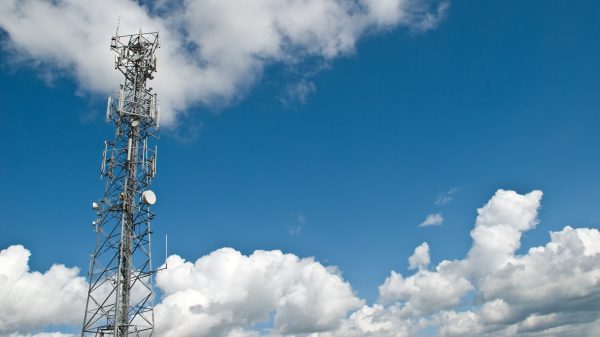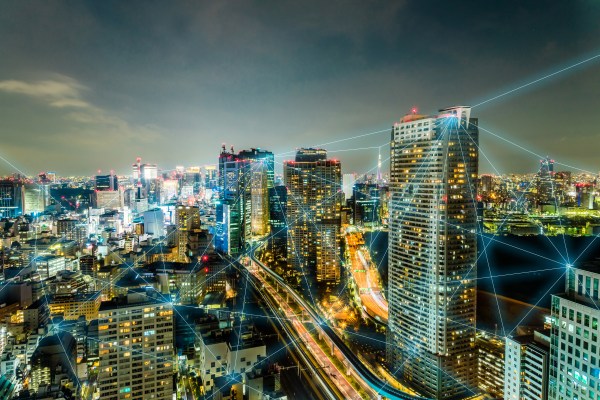Good digital hygiene is very important when it comes to protecting the economic, social and personal lives of users of the new technologies
Digital hygiene should form part of the DNA of all users, just as it’s been internalised that you should brush your teeth after every meal or that plastic goes in the yellow bin. It’s quite another matter whether it does (we all have our own sense of responsibility and awareness), but it’s essential to obtain this information in order to learn how to do things properly.
What is digital hygiene?
Digital hygiene can be defined as the set of practices that make our online presence secure and healthy. What do these two adjectives entail?
Security
Online security and privacy are very important in preventing problems that can have repercussions on our social, economic and personal life. This may include being careful with passwords (they should be strong and unique for each site), using a VPN when connecting to a public network, not accepting terms and conditions without reading them first and providing bank details only to online businesses that offer guarantees.
Health
Making use of the new technologies may have a significant impact on our mental health. It’s therefore important, for example, to establish screen time (and stick to it, whether it be for teleworking or leisure), avoid constant exposure on social media and look for hobbies beyond the screen.
Why it’s so important and tips on how to achieve it
Technology is our ally, but it can also become an executioner. According to data provided by the WHO, 1 in 7 adolescents aged between 10 and 19 suffer from some form of mental health disorder. This figure keeps on growing and the current use of technology isn’t helping.
Achieving good digital hygiene is key to safeguarding your health and privacy. Here are some tips on how to go about it:
- Avoid taking your mobile phone to bed; it receives lots of inputs that aren’t always positive (a work email late at night, a message as soon as you wake up that causes stress, etc.). It’s therefore vital not to look at your mobile phone first thing in the morning or late at night.
- Set a schedule for certain tasks: constantly checking your social media or answering a WhatsApp message in less than fifteen minutes leads to an unhealthy hyperconnection. Ideally, there should be a window of time to review your email, another to answer your instant messages, etc.
- Don’t fall into the trap of teleworking; it’s brought many benefits, but it’s also been shown that most of the time we work for more hours than we should. It’s crucial to establish a beginning and an end of the day.
- Avoid overexposure; you don’t have to share every minute of your life. Almost without realising it, many users have turned their lives into a kind of Big Brother scenario. Overexposure can lead to significant mental health disorders, lead to a disconnection from the real world and impoverish authentic social relationships, all in exchange for a handful of likes.
- Use a password manager and two-factor authentication; just as you don’t always have the doors of your home or car open, you should also try to protect your online security. Using a password manager is the best way of achieving this ever more necessary protection. The perfect combo is to include two-factor authentication as well.
Digital hygiene is really important because it protects your economic, social and personal life. Whether it be your privacy (where do the data you provide to sign up for the newsletter of shop X that promises a 10% discount in exchange for a “few” personal details go?), security or mental health, taking care of digital hygiene remains a pending issue.







